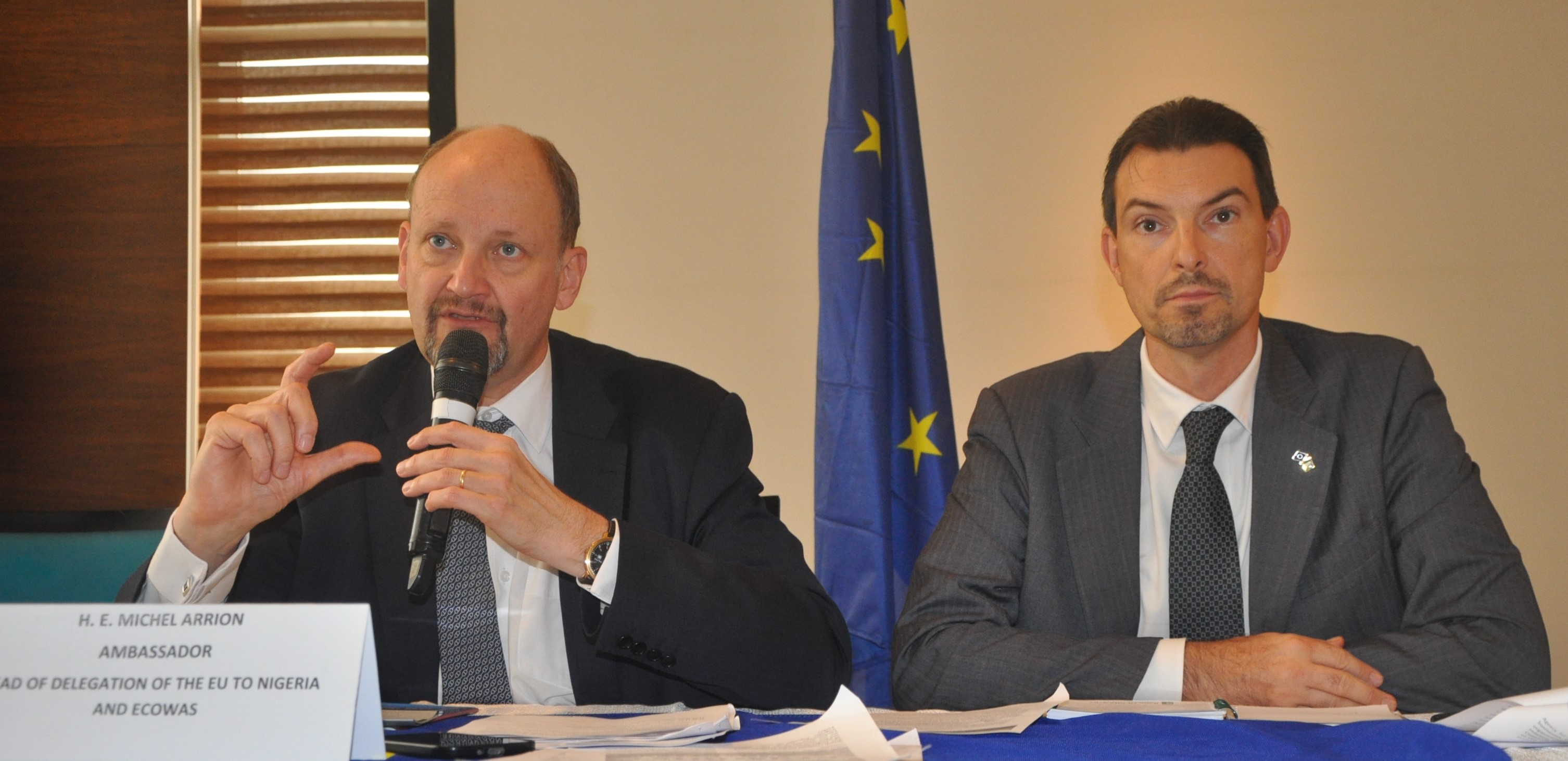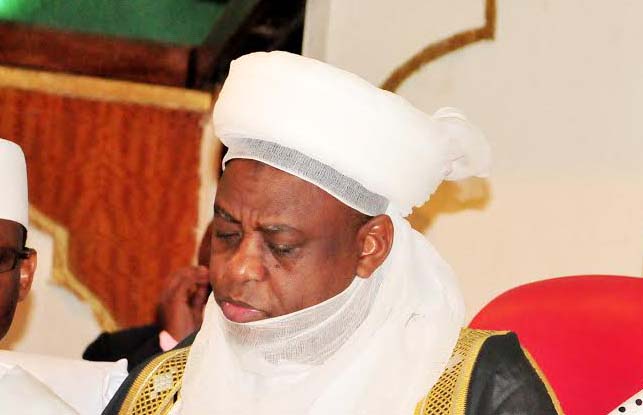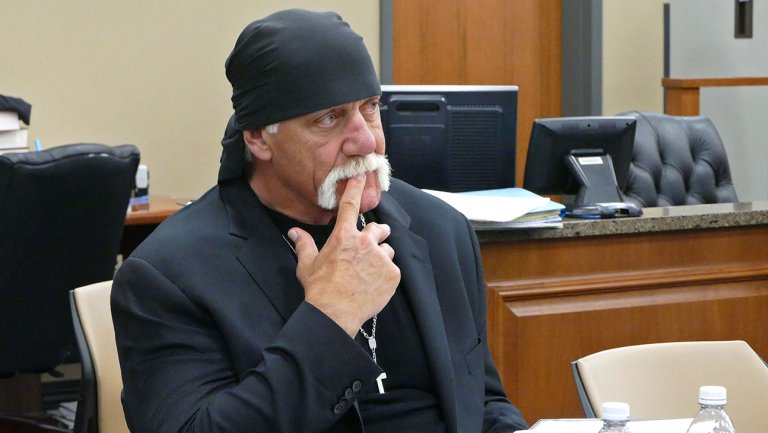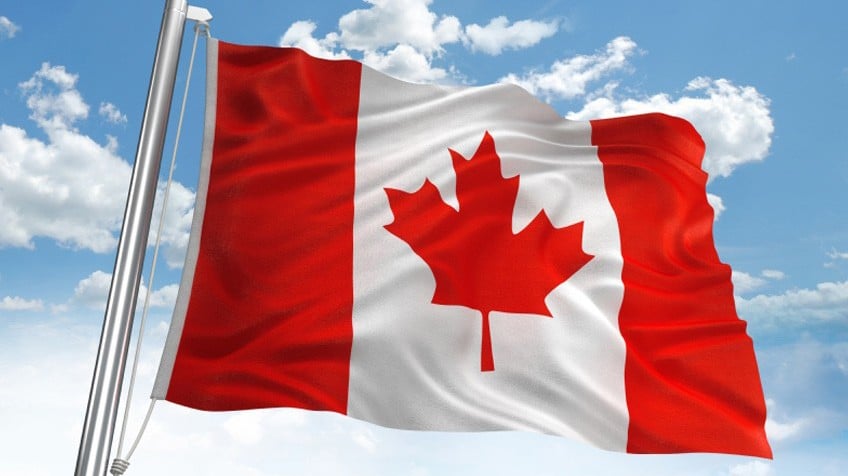Akinwumi Adesina, president of the African Development Bank; Akinwunmi Ambode, Lagos state governor and his counterpart from Kaduna, Nasir el-Rufai, are to speak at the fifth EU-Nigeria business forum.
The forum, which is set for November 10 to November 11, also features Okechukwu Enelamah, minister of industry, trade and investment; Babatunde Fashola, minister of power, works, and housing; Udoma Udo Udoma, minister of budget and national planning; and Lukas Parizek, the state secretary, ministry of foreign & European affairs, Slovak Republic.
Key private sector actors and policy makers in Nigeria will have the opportunity to exchange business ideas with their counterparts from Europe business forum (EUNBF) taking place in Lagos.
This year’s event is themed “Harnessing Nigeria’s Potential for Economic Growth” will focus on creating opportunities for EU and Nigerian Small and Medium Enterprises (SMEs) to increase their businesses through the Enterprise Europe Network (EEN); identify opportunities in the textile value chain; and proffer options for accessing long term finance for the critical power sector in Nigeria.
Advertisement
The EU-Nigeria Business Forum is a collaborative effort of the European Union and its Member States present in Nigeria, and has held every year since 2012.
It serves as a platform for investors and business people to interact to gather essential market information and build strategic partnerships to boost domestic investments and access to the EU market.
The fifth EUNBF has been designed to discuss business opportunities and address bottlenecks to investments (particularly in the power and textile sectors) and diversification of the economy (especially through SMEs).
Advertisement
The EU is the top destination for oil and non-oil exports from Africa’s largest economy. In 2014 alone, Nigeria’s total trade with the EU stood at €39 billion with the EU accounting for 31% of Nigeria’s total trade.
EU Investment stock in Nigeria grew from €23.8 billion in 2013 to €25.3 billion in 2014.
However, with the fall in oil prices, EU-Nigeria trade declined by 26.7% to €29bn in 2015. Nigerian exports to EU declined by 35% while imports declined by 7% over the period.
Unfortunately, about 97% of the exports to the EU are oil and gas. To reverse this trend, the EUNBF, which will take place at the Grand Ballroom of Eko Hotel & Suites, Victoria Island Lagos, aims to:
Advertisement
- Strengthen the EU-Nigeria Business relations through identification of opportunities in the global textile value chain.
- Expose Nigerian SMEs to opportunities in the EU market through the platform of the Enterprise Europe Network (EEN).
- Explore the financing options available for funding of the power sector and diversifying the energy mix in the country.
Add a comment







